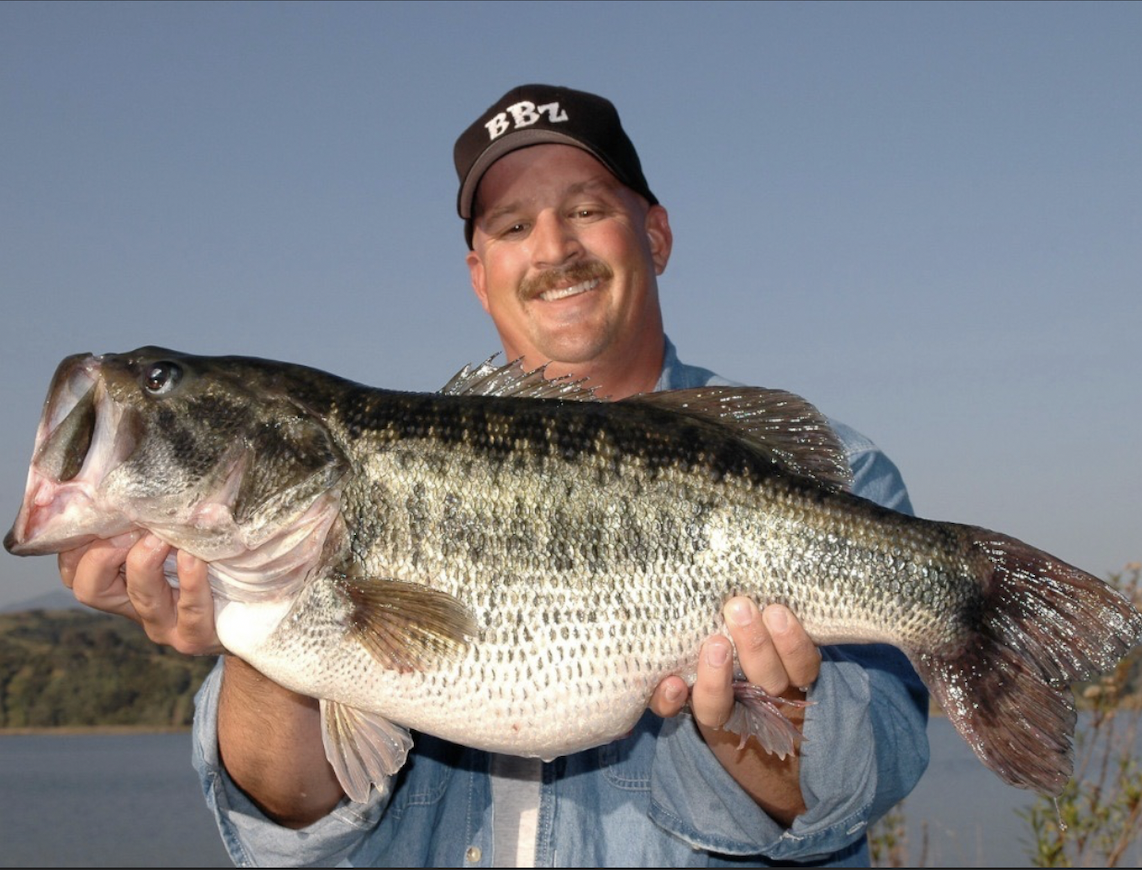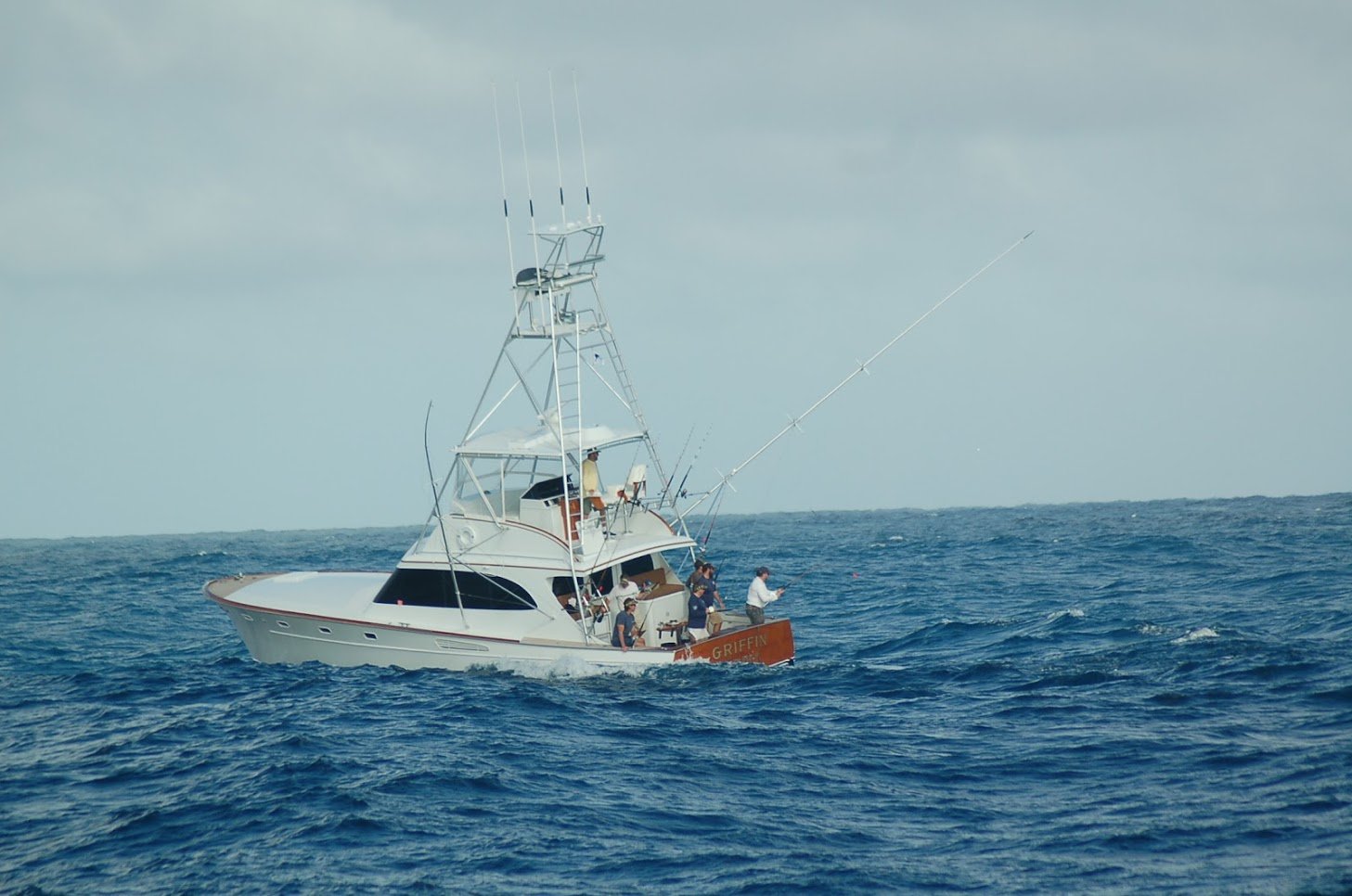CARB HEARS TESTIMONY ON PROPOSED BOAT ENGINE REGULATIONS
(San Diego, CA): The California Air Resources Board (CARB) accepted public testimony from anglers, marine-life enthusiasts, non-profit organizations, marina operators and small business organizations concerned with proposed engine emission regulations. According to CARB, the plan requires engines and technology too large and heavy for existing commercial passenger boats, resulting in vessel replacement starting in January 2023 and as extensions expire.
“The CARB board heard from boat owners that the proposed regulations are economically and structurally infeasible for their family operations,” said Ken Franke, president of the Sportfishing Association of California. “They also heard from Californians concerned that as boat owners go out of business, they will be denied access to offshore fishing and marine life and with this comes economic consequences for their coastal economies.”
Following public testimony, several board members expressed similar concerns, recognizing that boat owners are family operated businesses and that there is a need for lower engine emission standards that are economically feasible.
“We are encouraged that some members of the board recognize that passenger boats are family operated businesses, providing a valuable service to their community and that they are worth protecting,” said Franke. “Boat owners have been repowering to lower emission engines for years and we remain committed to the environment. We just need to find a reasonable solution that does not require boats to be removed from the waters.”
The CARB board is expected to revisit the proposed regulations early next year, however, to what extent the draft regulations will be revised is unknown at this time.
Nowhere else in the country have regulators proposed engine emission regulations that they know are structurally infeasible, requiring commercial passenger sportfishing and whale watching boats to be removed from service.
David Quiros, manager of the freight technology section at the Air Resources Board, told the Los Angeles Times, “We assume that a majority if not all sport-fishing boats have to be replaced to comply.”
Background
In addition to concerns associated with the economic and structural feasibility of the regulations, there remain unresolved safety concerns. The proposed exhaust systems (Diesel Particulate Filters) have not been tested on commercial passenger fishing and whale watching boats, nor has the installation been approved by the United State Coast Guard which regulates passenger vessels. When this technology has been applied to tractor trailers and farm equipment, it has been known to stall engines for long periods of time and at times, catch fire.
Recently released economic analysis concluded that CARB grossly underestimated the ability for boat owners to replace their boats and the ability to pass on these costs to passengers. In order to finance new boats and remain financially solvent, passenger tickets would have to triple for one-day fishing and whale watching boats. Given the demographics of their passengers, significant business loss would be expected. The analysis also reveals unintended consequences for the state’s economy, fishery and conservation programs and predicts significant declines in fishing participation rates. Hardest hit would be low-income communities.
CARB’s engine regulations have invited bipartisan opposition from State Legislators and a coalition of over 60 local, state and national organizations representing small business, tourism, marina/harbors, local agencies, retail, non-profits, boating and sportfishing. In addition, over 20,000 anglers signed a petition pleading with Governor Newsom to Save Our Boats.
The Sportfishing Association of California (SAC) is a trade organization representing Southern California sportfishing and whale watching boat and landing owners. The Golden State Fishermen’s Association represents commercial passenger fishing vessels and marine recreational anglers in Northern California.
Interviews can be arranged with boat owners from most ports and marinas. To view the coalition, www.savefishing.com/coalition.
Contact: Marko Mlikotin, River City Communications
marko@rivercitycomm.com or 916.817.4444

